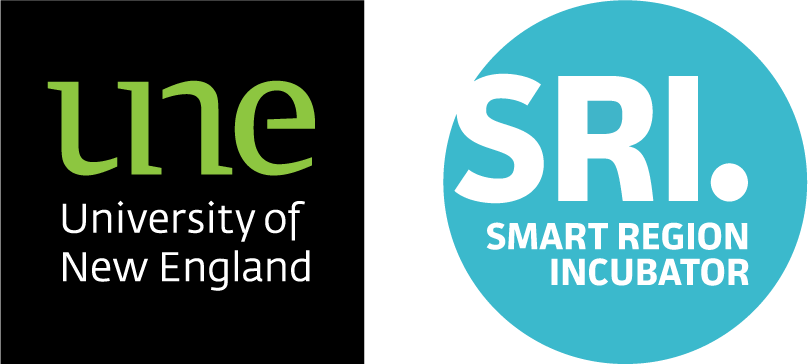$2 million drought resistance initiative launches in Armidale
An initiative to support farm, business, and community resilience under drought was launched by the University of New England (UNE) today.
The Armidale Node of the Drought Resilience Adoption and Innovation Hub (Drought Hub) will focus specifically on solutions for northern NSW.
Drawing on UNE’s research capacity and collaborating with nine Node partners, the University-led node will investigate and address the financial, environmental and human wellbeing aspects of resilience under drought.
The Armidale node is part of a wider initiative, the Southern Queensland and Northern NSW Drought Hub. The Hub, led by Professor John McVeigh from the University of Southern Queensland, has $8 million in funding from the $5 billion Future Drought Fund set up by the Federal Government.
The UNE-led Node carries an additional $2 million in funding, in recognition of the diversity of industries within the region, and its size.
Manager of the Armidale Node, Ms Lu Hogan, said UNE and its Drought Hub Node partners (listed below) will be delivering new tools, technologies, and skills to equip rural communities to be resilient and viable under conditions of drought and climate variability.
“The past two years have brought such good seasons that the terrible months of dust and smoke through 2019 now seem further away than they actually were,” Ms Hogan says.
“But the scars of that severe drought remain with us, and another drought will inevitably form. We must increase our capacity to prepare for and manage drought’s impacts on farm production and water supplies, and preserve our natural environment and human wellbeing.”
The Armidale Node will investigate how to improve financial resilience in agricultural supply chains stressed by drought, and how to better support the health of natural assets like soils, vegetation, and waterways. It will work to bolster the mental and physical health of the region’s communities, and engage Indigenous communities in drought-related work.
As these projects develop, Ms Hogan says, the results will be folded into relevant parts of UNE’s teaching curriculum “to enhance the ability of the next generation of farmers and business owners to deal with drought and climatic variability”.
Researchers from UNE’s schools of Environmental and Rural Science, Business, and Rural Medicine and Health will be engaged by the Node.
They will work with nine industry partners to deliver training and other resources:
● Central West Farming Systems
● GLENRAC Inc
● Rural Aid
● Murray Darling Association
● Southern Australia Livestock Research Council
● Meridian Agriculture
● Agripath
● Resource Consulting Services
● Bush Agribusiness
Specific areas of focus for the Armidale Node are:
● Understanding the business costs of drought
● Drought-specific financial and business planning based in critical decision points
● Managing for continuous climate variability
● Provisioning for drought (whether cash, fodder reserves, or infrastructure) during good times
● Making better use of climate forecasts
● Preserving and improving natural capital in managed landscapes
● Better balancing stock numbers with feed supply in a varying climate
● Looking after our people – staff, family, and community
● Adoption of best practices and tools for productivity and resilience
Read the original UNE Media article HERE

